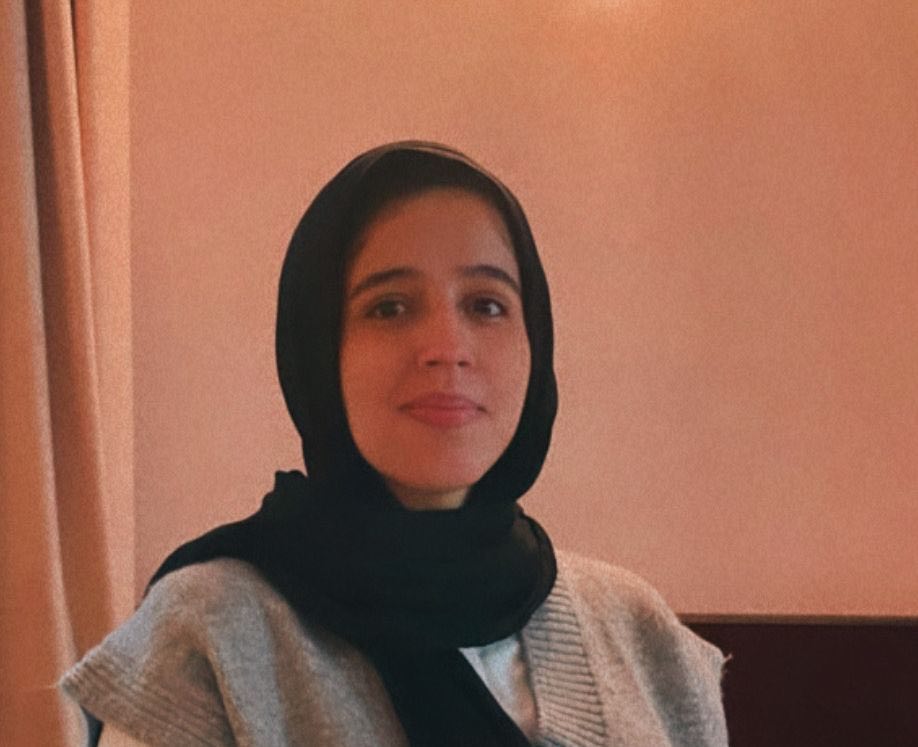Abdulhamid, or as he is called by his stage name Tika, is a 26 year-old music producer from Tripoli, Libya and he is currently based in Tunisia. The whole story around music started back in 2005 when he used to sit with his uncle while he played Reggae.
He got to try some recording programs and as soon as he got a computer, it was more of a hobby. Until 2008, Tika created a band with his cousin, Nasry, and they called it Dark boys and they made music together. They truly enjoyed the recording process. They had the band going until 2010 and then they stopped. Tika used to rap but he realized that he wanted to produce music.
On 2012, he decided to get back to the scene. He started to learn more about production and took many online courses. In 2014, he opened his own studio and worked with some rappers in Libya, such as, MC SWAT and Weam the Rapper.
After that, he moved to Tunis in 2016 and that opened many doors for him in the musical industry. He opened his own studio in Tunis and transferred his work there. He got to work with a Saudi rapper called Klash and got to know him through Adrenaline which is a Hip-hop program on WTV channel.
He was influenced by many people and among those is DJ premier and Alchemist. The number one source of influence for Tika in Libya is Ahmed Fakroun, the music production in his songs is unique and original as he described.
Tika said that the studio session is the base of making music and usually the producer and rapper would meet to make the guidelines and the need for a one-O-one session is essential. He didn’t give music to the Libyan scene. He is already with other rappers and he is preparing an album that will have a variety of performers including Libyans.
It is interesting to see the influence of the musical scene in Tunisia on Tika’s work. The scene in Tunis is diverse in terms of performers and there is accessibility in terms of studios. Companies are available and they already have contracts with musicians and the wheel is moving.
It was quick for him to get into the Tunisian music market and there is flexibility for beat makers. As long as you have the talent, you can work anywhere. In addition, you can work with a lot of countries especially those coming from countries such as Algeria and Morocco.
He recently had a collaboration with another Libyan music producer I interviewed, Big Seno, and they released an instrumental track during quarantine. It is basically a track where they exchange instruments and they work on it together online and they call this process Exchange.
They had an online session since they are both based in two different countries but they managed to make it work. It was simpler when they divided the work among them, however, it takes longer time than it would if they worked together in the studio.
Tika told me that what is missing in the musical scene in Libya and many parts of the Arab region is the availability of managers. They make the process easier as they would be the connection between musicians and producers. Also, they would make sure that deadlines are met in order to produce a musical piece.
Moreover, he learned that you can never grow without the help of others. For example, if it wasn’t for his uncle, he wouldn’t know anything about music and be exposed the way he did at that time. In addition, the help of Big Seno and how he showed him so many things and tricks in the industry made a huge difference in his career. Connection is important in the field.
Now, he is working on releasing a project called Dagga (دقة) and it is aimed to include Libyan musical instruments within the hip-hop beats. This project highlights Libyans who hasn’t gotten their chance yet. Tika hopes to make the scene diverse with those already known and to bring new faces to the scene.
He is working as a connection point to help new emerging musicians to get their work produced and released. He wants to connect Libyan musicians to connect them with the rest of the Arab world. Another thing is that marketing is considered weak in Libya. He hopes to focus on the general musical scene.
At the end of our interview, I asked him about his advice to emerging musicians in Libya. Tika described that balance is essential in the field. For those who want to get in it, he hopes to see more producers in Libya and you have to remember that you will start from scratch. You have to put your heart into it. He hopes to see producers as former rappers, thus, the variety will be bigger.
You can follow his work on Instagram: tikatex









